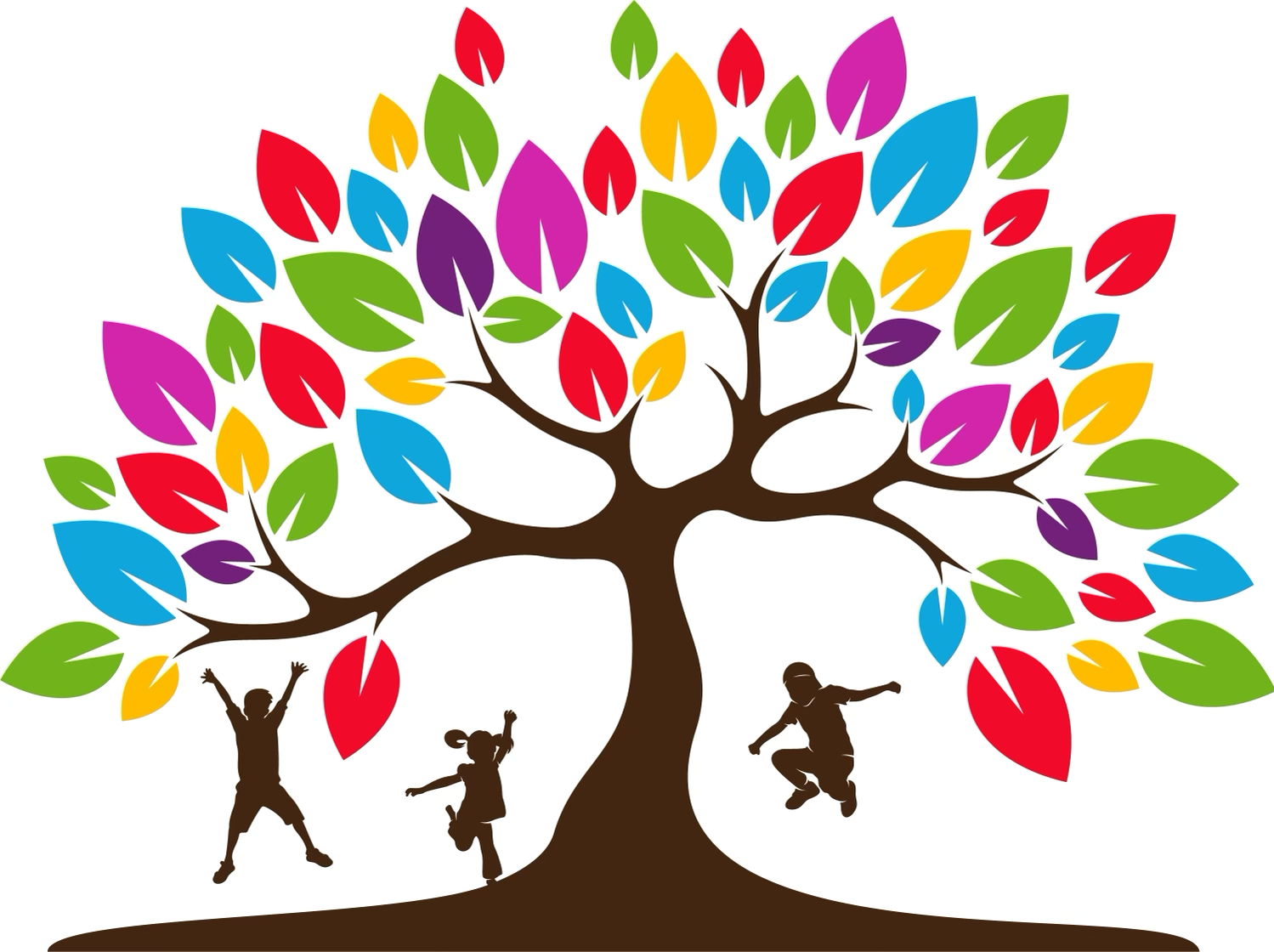
Psychological Therapy Services
Rates for all of these services are based on the recommended per hour rate by the Association of Psychologists of Nova Scotia which is $225 per hour.
Psychological therapy, also known as psychotherapy, helps people of all ages work through stressful life events which challenge our ability to cope. It also can be helpful in dealing with common mental health issues around anxiety, depression, and emotional and behavior management. Therapy can help us develop healthier habits. It can be short-term or long-term, and can include individual, family, or couples sessions. Each situation is unique and one our psychologists will work with you to determine what might be most helpful. Each psychologist and counselling therapist bring their own skill-set and experience on which clients can draw. We work collaboratively with our clients in an atmosphere of total respect. We are also a Trauma Informed Practice and have an understanding of the deep and long-lasting impact trauma can cause. We also have evidence based practices to assist with trauma recovery.
For children, therapy can include talking, playing, or other activities. Parental involvement is very important and highly valued. In some cases, progress will be minimal without parent involvement. In some situations with adolescents, parent involvement may be different if the youth wishes to share concerns in private. Children and teens have the right to privacy unless there are safety issues. We encourage children and teens to communicate with their parents and will help to facilitate this in some situations.
For adults, they are directly involved in decisions regarding their specific treatment. Our psychologist who sees adults will work to develop a trusting relationship built on respect; this individual has significant experience working with veterans and first responders. As such he brings considerable experience around coping with PTSD and trauma in general. The same psychologist who specializes in Counselling Psychology sees adults for relationship counselling.
Specialized Programs
The Neurosequential Model™
The Neurosequential Model™ is a developmentally-informed, biologically-respectful approach to working with at-risk children.
The Neurosequential Model™ is not a specific therapeutic technique or intervention; it is a way to organize a child’s history and current functioning. The goal of this approach is to structure assessment of a child, the articulation of the primary problems, identification of key strengths and the application of interventions (educational, enrichment and therapeutic) in a way that will help family, educators, therapists and related professionals best meet the needs of the child.
For more information please visit:
The Neurosequential Model™ (NME™ and NMT™)
Sensory Motor Arousal Regulation Treatment (SMART)
"SMART Therapy" is a specialized therapy approach primarily used with children and adolescents who have experienced complex trauma, focusing on improving their emotional, behavioral, and interpersonal regulation through body-based activities and play, often utilizing sensory tools like weighted blankets, balance beams, and fitness balls to help them better manage their emotional states and integrate traumatic experiences.
Key points about SMART therapy:
Focus on body-based regulation:
Unlike traditional talk therapies that rely heavily on verbal expression, SMART utilizes movement, play, and sensory input to help children process emotions and regulate their arousal levels.
·Child-centered approach:
The therapist follows the child's lead and uses participatory play to support their natural ways of regulating their bodies and emotions.
Widening the window of tolerance:
A key goal of SMART therapy is to expand a child's capacity to tolerate both positive and negative emotional states, allowing them to better manage their reactions and build healthy relationships.
Therapeutic tools:
Various sensory tools like weighted blankets, balance beams, large cushions, and fitness balls are incorporated into play-based activities to promote physical and emotional regulation.
Non-verbal communication:
Due to its focus on body-based experiences, SMART can be particularly beneficial for children who may struggle with verbal expression or have difficulty articulating their traumatic experiences.

CONTACT US
Get in touch with us and we can get you started with a consultation appointment or to answer any questions you may have.


